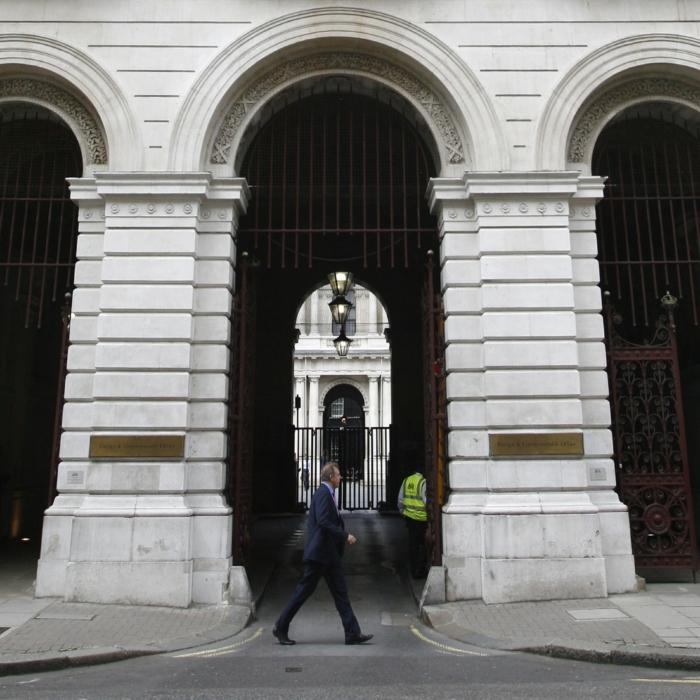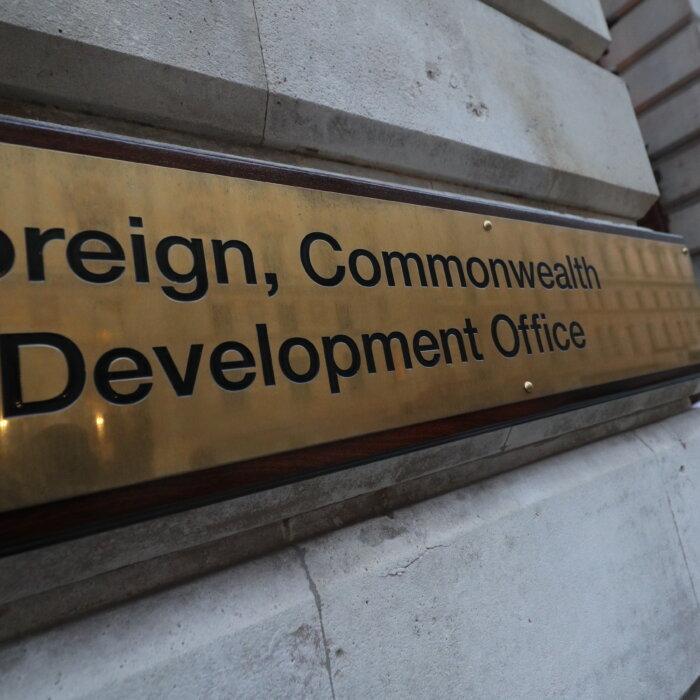The government’s foreign aid investment body has been criticised for giving £6.4 million in taxpayers’ money—meant to reduce poverty—to a fund in India that invested in three social media platforms, a cosmetics company, and a debt collector.
The Independent Commission for Aid Impact’s (ACAI’s) report published Thursday said these investments had “questionable links to poverty reduction.” The ACAI’s chief commissioner Tamsyn Barton, who headed the review of British aid to India, asked how this investment is justifiable to British taxpayers.
“How is this an appropriate investment for UK aid, which must have poverty reduction as its goal? It is just not clear why use of capital from UK taxpayers is justified for investments in social media sites,” Ms. Barton said.
British International Investment (BII)—which is owned by the Foreign, Commonwealth, and Development Office (FCDO)—gave the aid to India Quotient Fund IV, which last year invested in three social media platforms including ShareChat, a debt collection agency, and Sugar Cosmetics.
The investment came after Parliament’s International Development Committee (IDC) raised concerns over funding distributions made by BII in India, including in a cosmetic surgery clinic.
“These recent BII investments in India raise material concerns about the governance of BII as well as its responsiveness to the IDC and ICAI,” the report said.
Responding to the report, chairwoman of the IDC Sarah Champion said: “That fund already had substantial holdings in such social media platforms, and in cosmetics businesses, and had scored only four out of ten on BII’s impact index. Where is the focus on poverty reduction, where is the focus on responsible investment—and where is the due process in governance at BII?”
The ICAI also recommended the UK should focus its aid to India on a “limited number of areas” where the funds can help make the country’s economic growth more “pro-poor.”
ShareChat
The ICAI’s report found that one of the social media sites India Quotient Fund IV had invested in, ShareChat, had been used for posting video content of the physical abuse of women, offering sexual services, and sharing videos glorifying Hamas’s attacks on Israel.While such content can be found on any social media platform, the ICAI said that putting money into a fund later invested in a social media platform “opens BII up to reputational risk,” given its relationship to the British government.
“This reinforces the IDC’s concerns about BII’s ability to manage risks from intermediated funds effectively,” the report said.
Ms. Barton further added, “Given how difficult it is to moderate large social media platforms to remove harmful content, we have to question why BII chose to invest in the India Quotient Fund and did not consider the reputational risk.”
Investments Tackle ‘Digital Exclusion’ and ‘Gender Equality’
A spokesman from the BII responded to the report, saying that backing “local entrepreneurs” is a key part in solving international development challenges.“The investments highlighted by ICAI tackle digital exclusion and economic barriers to gender equality,” BII said.
BII defended ShareChat’s “robust content moderation,” saying it acts to swiftly remove offensive content posted by a “tiny fraction” of its users. It justified ShareChat benefiting from aid because of the social network’s role in connecting with millions of non-English speaking Indians.
The BII also defended the investment in Sugar Cosmetics, saying it was acceptable because it is a “woman-led manufacturing business” with women comprising about 70 percent of its workforce “in a country where the average female labour force participation rate is 28 per cent.”
An FCDO spokesperson said on Thursday: “We will work with BII to ensure that the issues and recommendations raised by ICAI are addressed.
Trade, Not Aid
In January, a veteran government adviser on humanitarian emergencies told The Epoch Times that it was trade, not aid, that had lifted a billion people out of poverty in the last 24 years.Dr. Gilbert Greenall also criticised the government for backing the United Nations-led “degrowth” strategy which would affect countries in the global south still dependent on cheap energy for their development.
Degrowth focuses on shrinking economies in order to use less of the world’s resources. Pressed on what he thought about degrowth, Dr. Greenall had said that “cheap energy is a source of most of our prosperity and once you have very expensive energy, you start to challenge that.”
He added that foreign aid should lead with trade, instead of degrowth.
“All aid needs to be very well considered, because aid is pernicious, it can destroy people’s lives as well save them,” Dr. Greenall said.







